Time and space. Two things I don’t seem to have in any meaningful supply right now—unless we’re counting the space between NJ Transit’s last reliable train and the one I was supposed to be on this weekend. Because of course, the one damn weekend I have to fly up from Florida for a college graduation, wrap up finals in Delaware, and brace for my youngest’s Bat Mitzvah in Israel next month—NJ Transit decides to go on strike. Not a light delay. Not a service adjustment. A full-blown, middle-finger-to-your-plans strike.
Thanks, guys. I’ll be sure to pencil in your incompetence between the jet lag and Torah portion.
Let’s be clear: all good things are colliding—celebrations, endings, beginnings—but trying to hold it all together feels like juggling glass in a wind tunnel. Speaking of wind tunnels, ICFF (International Contemporary Furniture Fair) greeted me on Sunday morning with a gusty reminder that the city still has seasons, even if the furniture world is starting to feel season-less.
I’ve been to ICFF more times than I can count, which is what happens when you married an industrial designer with more vision and moral fiber in her Staten Island pinky than I could scrape together with a moral Kickstarter campaign.
But this year? This year felt different. Maybe it was the sunshine, the odd warmth, the breeze you could lean into. Or maybe it was the ghost-town vibe inside the Javits Center. It was empty. Not just “slow show floor” empty, but “are we early or is it over?” empty. Just twelve hours earlier, a Mexican Navy vessel had crashed into the Brooklyn Bridge, killing two.
A surreal, almost cinematic tragedy that hung in the air like smoke from a fire no one wanted to admit was burning. Add to that the delayed flight from Florida to Georgia just after a swarm of deadly tornadoes tore through the South, killing nearly 30 people, and you start to feel like the universe has entered its chaos era.
And then there’s ICFF, once a titan of design trade shows. Today, it looked like a pop-up version of its former self. Sparse. Too quiet. The absence of foreign exhibitors was deafening. Tariffs have kept many away, sure—but maybe it’s deeper than that.
Maybe nobody gives a damn about mid-century modern anymore. Maybe people have had it with $15,000 rugs and coffee tables that require a user manual and a second mortgage. It’s possible we’re just all tired of pretending that furniture should be aspirational.

Strip away the sarcasm and the bipolar and I’m a simple man. I like my tea hot, my Detroit upside down slightly burnt, and my trade shows packed with weird, overpriced chairs I have no business sitting in. This—whatever this new ICFF is—felt like the wrong kind of change. The kind that doesn’t evolve, it just withers.
But I was there. Because I always show up, even when the trains don’t.
Because of my ever-shifting furniture needs — the natural result of ping-ponging between states, family obligations, and 55 years of accumulated chaos — I’ve been leaning toward pieces that don’t swallow up square footage, offer clever storage (read: a place to bury the evidence), and create the illusion that I have my life together. Which is highly debatable. At least the ocean view in two states is consistent — unlike my eating habits, or NJ Transit.
I’m past the point of tolerating anything from IKEA that requires an Allen key and a prayer. These days, it’s CB2, West Elm, or bust — I want furniture that holds my rooibos tea and Gatsby sandwich without flinching, sits proudly beside unread books gifted by people who think I have time to read, and says, “He’s got taste — and maybe a handle on things.” Even if we all know I don’t.
What did I find at ICFF? Besides a suspicious shortage of smiling exhibitors and booths that looked like they got hit by a budget cut, three companies stood out—making some pretty cool gear I’m actually tempted to bring home — although the ROOM Phone Booth might scare the children if I stick it in the front hallway.
CI Speakers from Ann Arbor: Smarter Than a Michigan PhD, Quieter Than a State Fan in March
I was going to take a cheap shot at the Red Wings, but the Steve Yzerman and Niklas Lidstrom jerseys in my closet might strangle me in my sleep. Those things have more legacy than most family businesses. Besides, any Detroit snark gets neutralized by the memory of Tunnel BBQ and a side of sauce-soaked nostalgia that still makes my arteries twitch.

Leon Speakers: Ann Arbor’s finest export besides the Wolverines and the eternal potholes. For nearly 25 years, these Michigan-made mavens have been quietly redefining what it means to blend art, music, and tech—because if there’s one thing Michigan knows, it’s hard work, innovation, and making something that actually lasts (unlike your average Great Lakes weather forecast).
Born from a ragtag crew of University of Michigan artists, musicians, and entrepreneurs led by Noah Kaplan, Leon Speakers has gone from scrappy startup to multi-million-dollar player faster than you can say “Go Blue.” They’ve been pioneering the soundbar game long before it was cool, all while holding down shop in Ann Arbor — where winters are brutal, the sports talk is brutal-er, and the design chops? Surprisingly elegant.
A quick peek at Leon Speakers’ website turned up a surprise — John Schaffer. Yes, that John Schaffer: the brains behind Wadia Digital and a key player in launching MoFi Electronics (turntables and all that good stuff). He was incredibly kind to me back in my rookie days, so it’s nice to see him still killing it as Head of Engineering. Wise move by Leon. Brilliant guy. Also, a huge Red Wings fan — which explains why I still cherish that amazing book he gave me years ago about the Winged Wheel.
So yeah, while the rest of the world chases trends, Leon Speakers quietly crafts AV solutions that look as good as they sound — because if you’re going to brave Michigan winters, your gear better have some style and substance to match.
Leon Speakers offers such a sprawling lineup of customizable solutions for both residential and commercial spaces that unpacking it all would practically need its own feature article—hey, there’s a future story idea for you. At ICFF, though, they zeroed in on some standout products that grabbed both my eye and ear. And for anyone who’s a fan of Sony’s BRAVIA TVs, you’ll definitely want to keep paying attention.
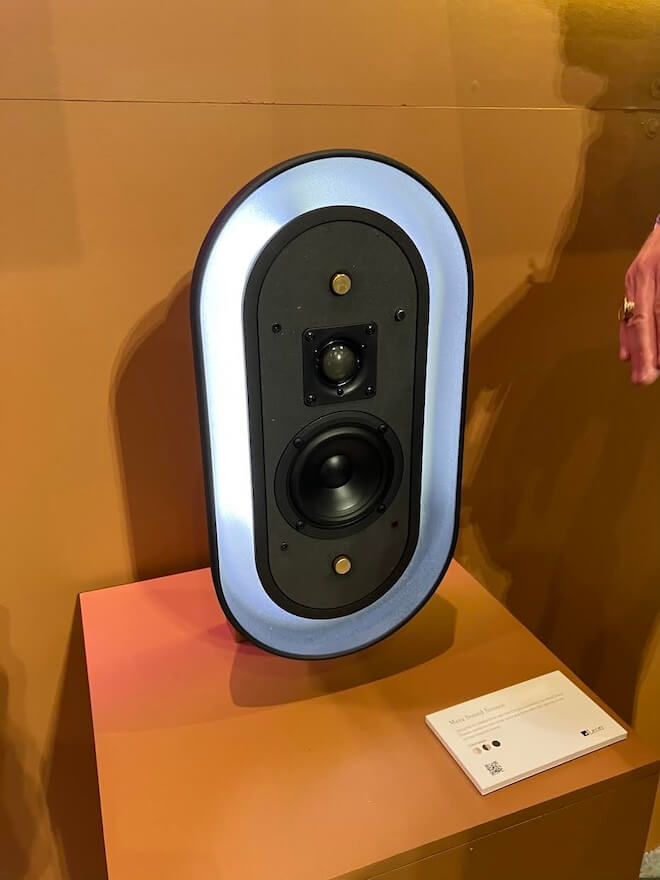
MERA Sound Sconce
Leon Speakers and Calgary’s Mera Studio Architects cooked up the Mera Sound Sconce — a wall-mounted, design-forward CI speaker (98dB; 102dB peak) that actually looks like it belongs in your life instead of hiding in some dark corner. This thing isn’t just a pretty face: it packs high-performance 3” woofers, 25mm tweeters, and integrated dimmable LED lighting that plays nice with your space’s vibe, thanks to custom bouclé fabric and finishes in Linen, Clay, or Black Sand.
Sure, it’s fancy — with a cast-aluminum shell and seamless magnetic grille — and built for dining rooms, bedrooms, and posh commercial spots, not your steamy bathroom (don’t test me). But if these were waterproof, I’d be buying three pairs just to have my tea and Gatsby sandwich soundtracked in style.
Dimensions? Compact at 7.7” wide, 14.6” tall, and less than 4” deep, weighing just over 9 pounds, so no excuses for that empty wall. It even mounts with a universal light fixture bracket — because why choose between light and sound when you can have both?
In short: the Mera Sound Sconce is a clever marriage of light and sound for those who demand their audio gear pull its weight in looks and performance. Starting at $1,900 USD–which made me wince somewhat but way cheaper than the $15,000 rug in the adjacent booth that made me want to forget all about lunch.
For more information: Mera Sound Sconce
Studio Frame for Sony BRAVIA: Because Your TV Deserves to Look as Good as It Sounds
Sure, Samsung, LG, Hisense, and TCL all have their “Frame,” “Canvas,” or “Art” TVs now—trying to turn your living room into an art gallery. But Leon Speakers’ Studio Frame for Sony BRAVIA might just be the slickest option I’ve come across yet.

This isn’t just a fancy border slapped on your screen. Leon’s Studio Frame adds a clean, contemporary frame that hides all the ugly cables and mounting hardware behind the display. It’s designed exclusively for Sony’s BRAVIA 7 and 9 series, including 65”, 75”, and 85” models, with passive ventilation so your TV doesn’t cook itself.
The real magic? The built-in motion and light sensors work with an exclusive Sony Art Frame Gallery app to turn your BRAVIA into a digital art show when you’re in the room—and save power when you’re not. You get access to 150+ stunning photos and classic art from Sony’s Alpha collection, the National Gallery, and Singulart. Plus, you can upload your own images, because nothing says “I have taste” like your own vacation snaps.
The updated Studio Frame for the BRAVIA 9 series even includes the Leon Curated Gallery—a handpicked collection that pairs perfectly with the TV’s color and contrast prowess. And it ships flat-packed for easy installation without having to yank your TV off the wall.

Starting at $750, it’s not cheap, but hey — if you’re gonna invest in art on your wall, why not make your TV part of it without turning your living room into a spaghetti mess of cables and brackets?
Leon Speakers doesn’t just stop at Sony BRAVIA — they craft custom frames for a variety of other TV brands too, including Samsung’s The Frame and even select models from LG, Hisense, and TCL. If you want to ditch the plastic bezel and turn your TV into a seamless piece of wall art, Leon’s got a tailored frame to fit your screen perfectly.
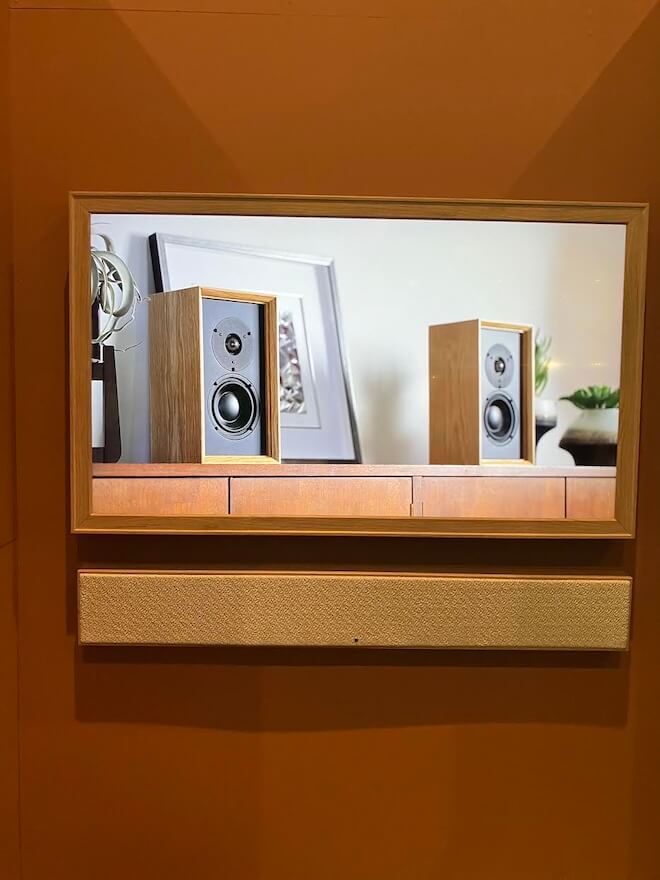
And speaking of elevating your setup, their FrameBar 44UX soundbar is designed to match those frames like a glove. Whether it’s Samsung’s The Frame, Leon’s own Edge Flex Frame, or the Studio Frame for Sony BRAVIA XR, this handcrafted, ultra-thin hardwood cabinet doesn’t just look sharp—it delivers crisp, powerful sound that brings your movies, music, and shows to life without cluttering your space.
For more information: Studio Frame for Sony BRAVIA
OFS ROOM Phone Booths: Turning Your Noisy Office Nightmare into a (Mostly) Silent Sanctuary—Because You Deserve Better Than Zoom Chaos
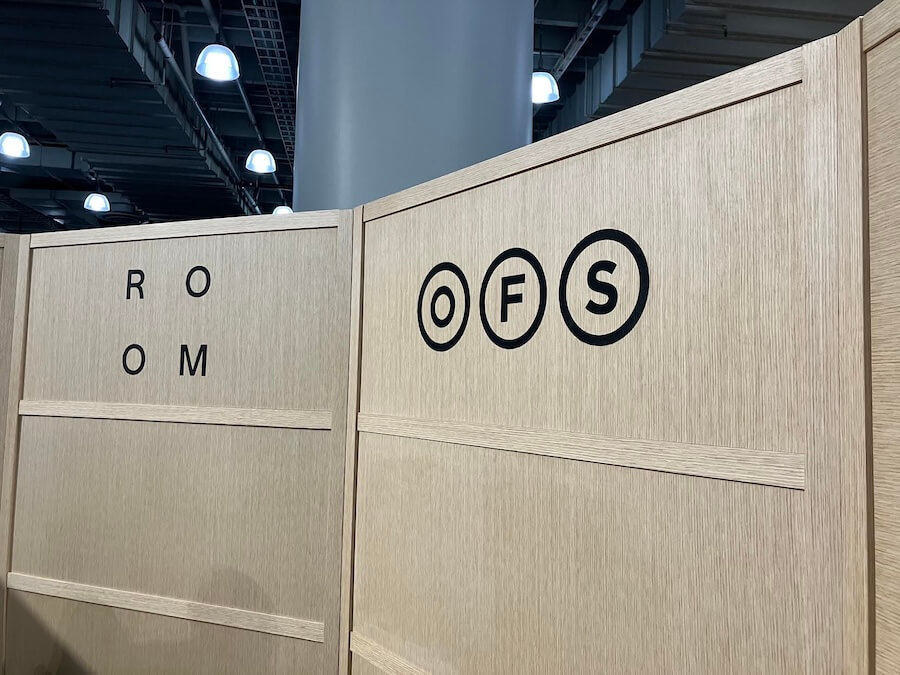
Quiet — that elusive luxury we chase but rarely catch. In a world that never stops shouting, finding a moment of real silence feels like hunting unicorns. Which is why the idea of stepping into a nearly silent office pod, wrapped in sound absorption that shuts the outside world out, sounds downright alien at home.
But at work? People would kill for it. The chance to focus without distraction, to take video calls without the background chaos, or just to sit and actually hear themselves think — that’s the kind of quiet everyone dreams of. OFS Room ROOM gets it, offering modular, soundproof pods that bring this near-mythical peace to offices, turning noise pollution into a thing of the past.
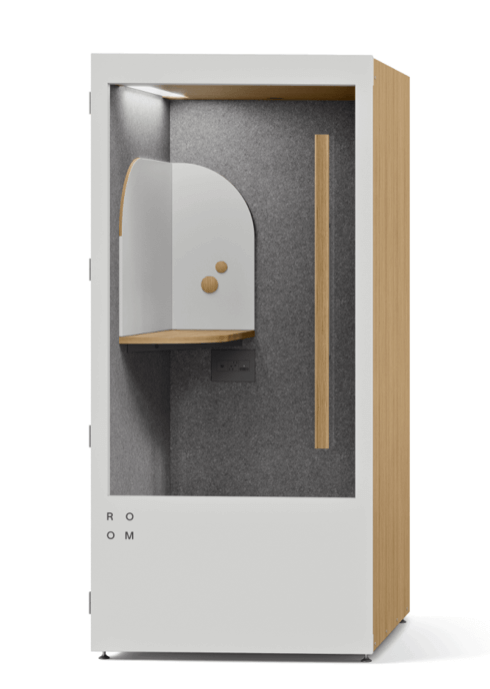
I sat in one of the OFS ROOM Phone Booths on the ICFF show floor—a place not exactly known for monastic silence—and was genuinely surprised by how quickly the chaos dropped away. Within seconds, the buzz of conversations, echoing foot traffic, and general trade show pandemonium faded into the background. It didn’t feel like total isolation, but it was enough to feel focused, clear-headed, and oddly at peace.
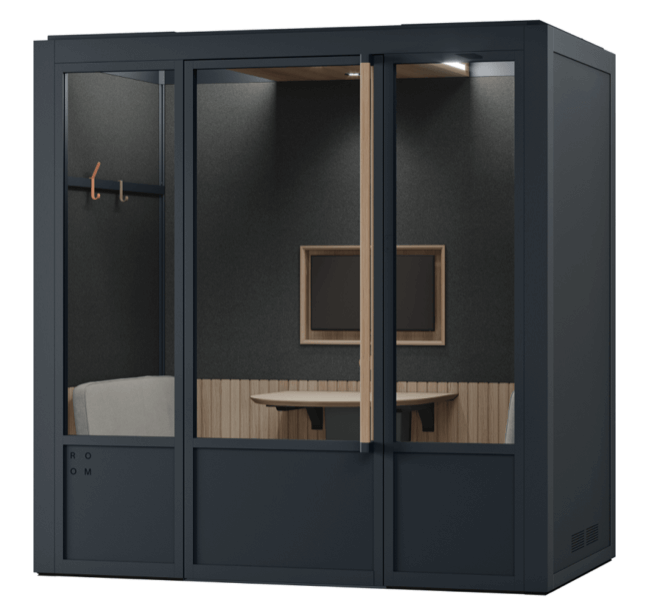
The larger ROOM units? Those are practically offices in a box—modular, insulated, and designed for real work. Shut the door, and suddenly you’ve got a personal workspace with sound absorption that actually works. It’s like noise-canceling headphones for your body.
For more information: OFS ROOM Phone Booths
Discovering BALMUDA: From Toaster Ovens to Perfect Tea
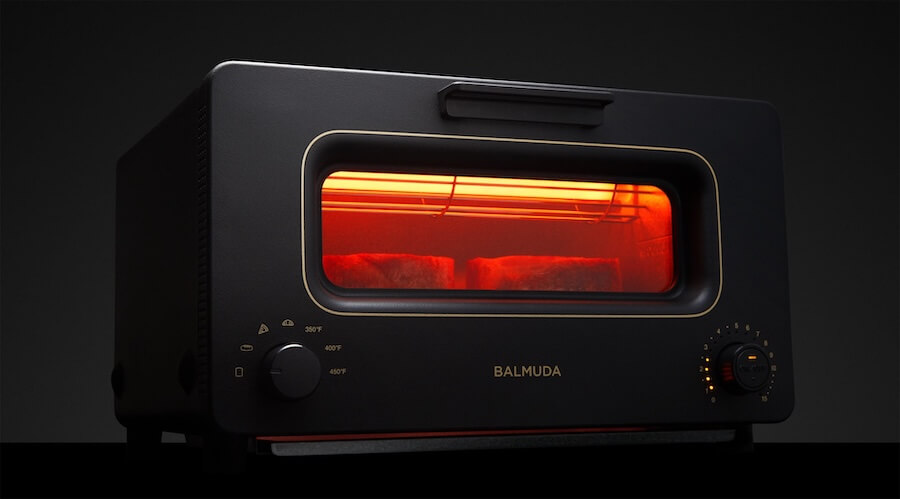
I first stumbled across BALMUDA not through a press release or some overly polished influencer reel, but in the wild — the kind of “wild” where countertop appliances are admired with the same reverence as high-end audio gear. You see, in a past life, I was raised in a restaurant family that built the largest pizza chain in Canada. I learned how to cook before I could properly tie my shoes and have personally made over 10,000 pizzas for actual, living people — none of whom died (you laugh, but that’s a pretty good batting average).
Food was serious business in our home, and not just the Italian kind. I was raised on dim sum before it was cool, slurping pho and digging into Korean BBQ while the rest of Toronto was still asking, “What’s that smell?” That early exposure sparked an obsession with not just food, but the tools used to prepare it.
To this day, I’m that guy at Lowe’s or Home Depot examining the hinges on an oven door like I’m checking the insides of an Aragon 4004 MKII or Thorens TD-125. If you ever see someone talking to themselves in the dishwasher aisle, don’t be a stranger — it’s probably me.
So when I came across BALMUDA — a Japanese company that builds design-forward appliances and tech with a level of care usually reserved for vintage Patek Philippe watches — I was intrigued.
When I learned their founder, Gen Terao, traded dreams of rock stardom for a soldering iron and a vision of better everyday products, I was sold. A speaker that looks like a science experiment and recreates live music using synchronized LED lights? Yeah. That’s exactly the kind of madness I can respect.
Living in a smaller space than I used to means I’ve traded the Viking range fantasy for gear that pulls double duty — function with a side of aesthetics. BALMUDA gets that. Their gear doesn’t just work — it belongs. It earns its counter space like a grizzled detective earns their badge: through quiet, competent brilliance… and maybe a little flair.
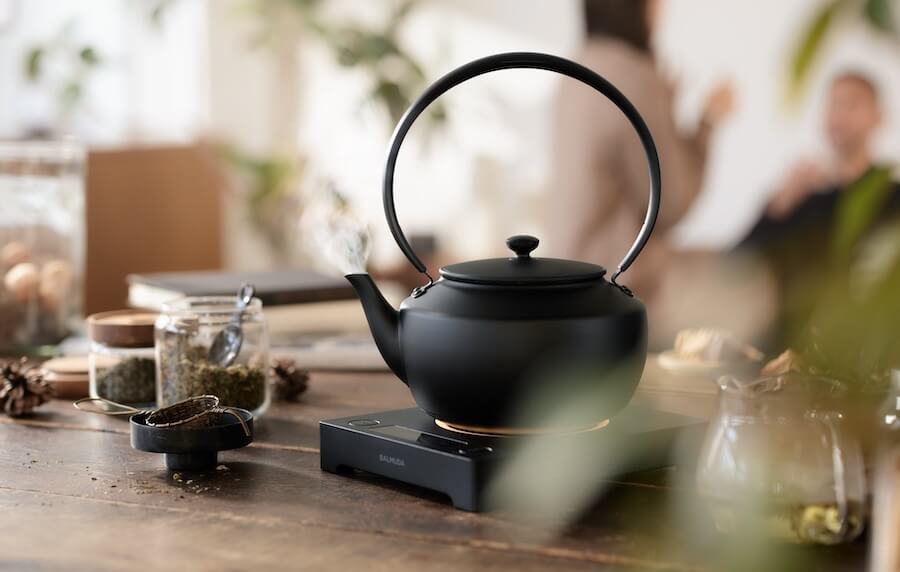
BALMUDA’s MoonKettle is refreshingly simple — no pointless temperature dials or awkward touchscreen gimmicks, just a clean, compact design that boils water quickly and precisely. Perfect for brewing rooibos without triggering a debate over pronunciation or for staying fueled through a long writing session. It’s quiet, efficient, and does exactly what a good kettle should without making a scene.

The Teppanyaki is a countertop griddle that means business. Steel-clad and evenly heated across the surface, it handles skirt steak, vegetables, or that questionable late-night stir-fry idea with equal grace. No hot spots, no sticking, and no excuses — it’s designed for people who want to cook with control but aren’t trying to stage a cooking show in their kitchen. It’s not flashy, but it gets results, and sometimes that’s all that matters.
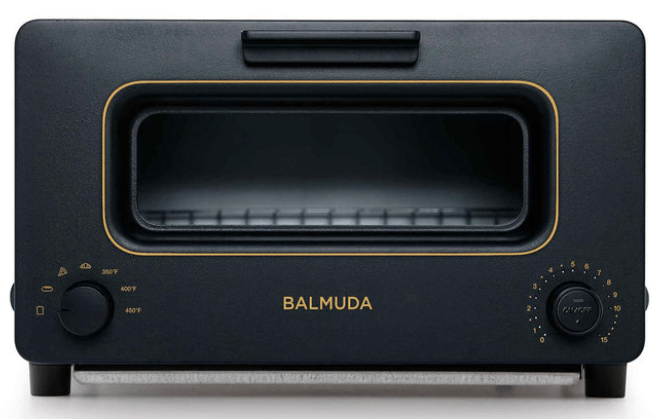
The BALMUDA Toaster brings a little steam and a lot of sense to your countertop. It uses a precise shot of steam before heating to keep bread from drying out, resulting in toast that actually tastes like someone gave a damn. Whether you’re stacking poached eggs, lox, and capers for a proper breakfast or just reviving a tired baguette, it delivers with consistency. No gimmicks, no chrome overload — just really good toast from a machine that understands the assignment.
I don’t need a Cybertruck. I need toast that doesn’t suck. I need a kettle that doesn’t stall at the finish line. I need tools that work and don’t beg for attention. A good meal, a great book, a better movie — that’s a life. Not flashy, not complicated. Just an honest, simple life with the people I love — and fewer things, each built to last and serve a real purpose.
The Bottom Line
Bottom line? ICFF 2025 didn’t cure my caffeine addiction or solve the global toaster crisis, but it did convince me that some folks still give a damn about making thoughtful, well-designed gear. Big thanks to the teams at Leon Speakers, OFS, and BALMUDA for humoring my questions, tolerating my sarcasm, and proving that good design—and good sound—are still alive and kicking.
Related Reading:

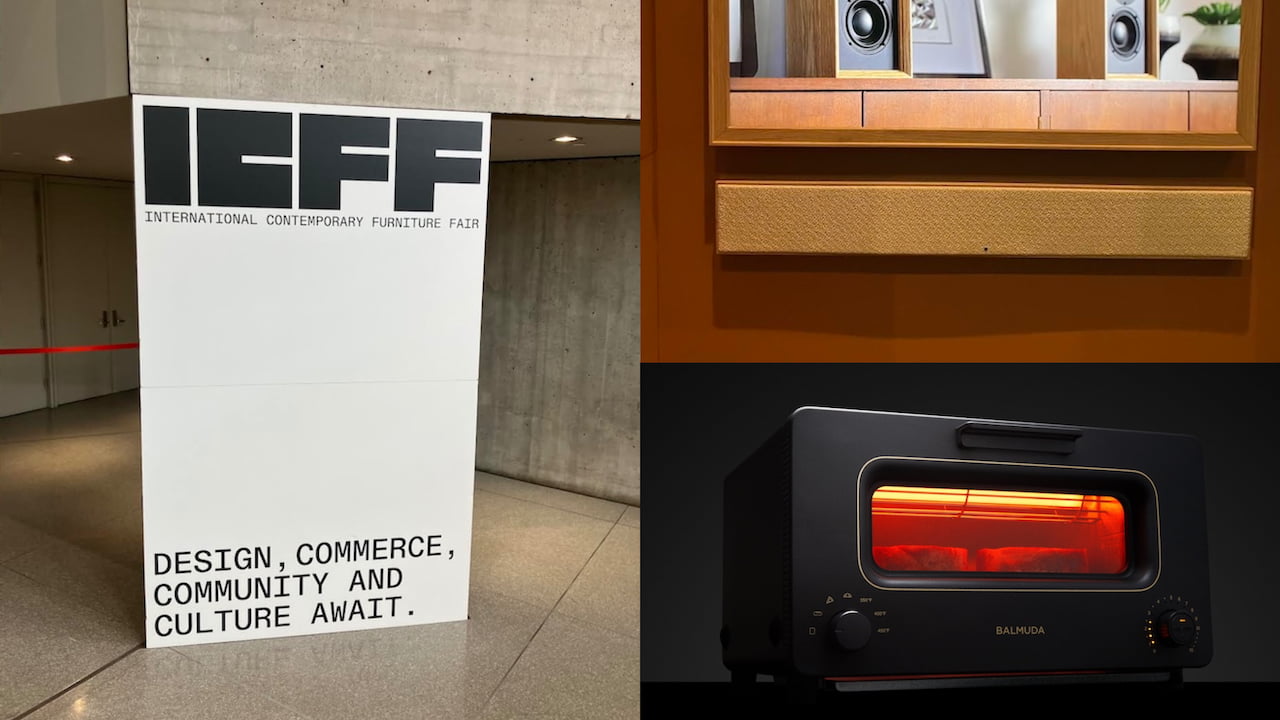


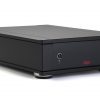
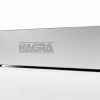


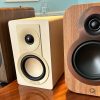
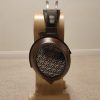
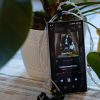

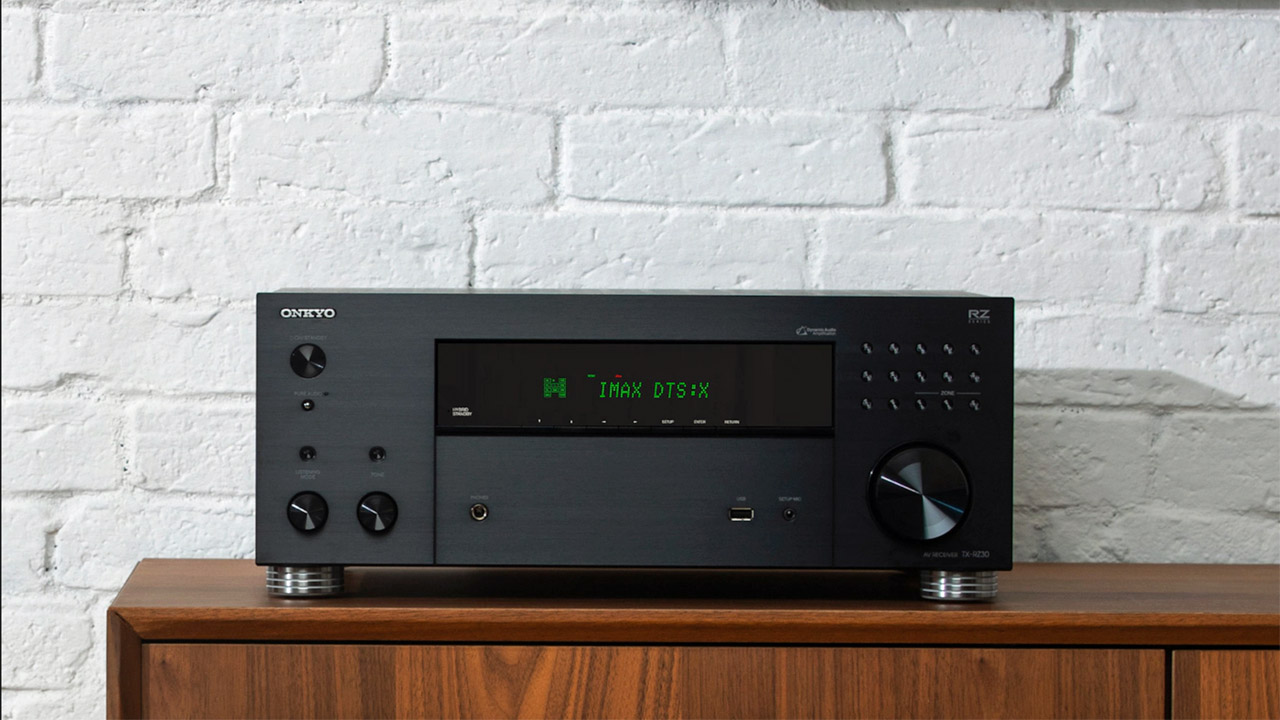
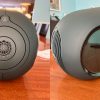








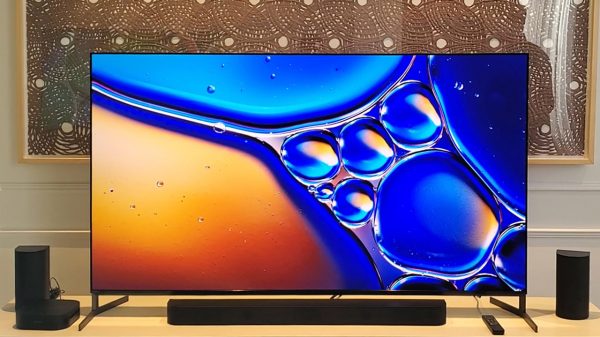

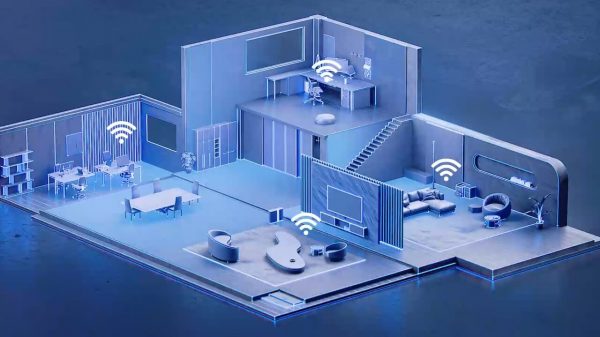

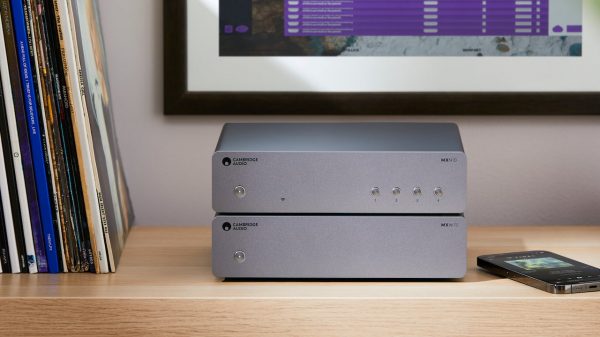
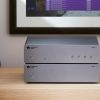















Anton
May 21, 2025 at 10:54 am
Interesting mix, but who eats Detroit pizza? Is that a real thing? I’ve seen the BALMUDA toaster in a few stores here and it looks like an overpriced Black and Decker.
Can Leon make those frames for any TV?
Ian White
May 21, 2025 at 11:11 am
So Detroit pizza is an a major improvement on a typical Sicilian and the burnt edges are the best. Who likes it? People with taste. The BALMUDA products are very well made. Certainly not cheap. Made in Japan.
The Leon TV frames can be custom made for any TV up to 98″ — I think. Pretty sure that’s correct. But the have a partnership with Sony right now on the BRAVIA models.
IW
Anton
May 21, 2025 at 11:50 am
Never had it. CT or NYC pizza has no equal.
How does that Leon Soundbar compare to some of the better ones you’ve tried so far?
And are people actually willing to work inside a phone booth?
Ian White
May 21, 2025 at 12:32 pm
NJ pizza destroys NYC pizza. CT pizza is really good, however. Detroit pizza is more like a deep dish pie with burnt edges, but it’s not as dense.
The Leon Soundbars that I’ve listened to are passive so the performance ultimately depends on the amp/processor on the other end. They are rather good. And can be customised to match the paint in your room if you are that insane. Their fabric options are very high quality.
So they developed the phone booth and the larger room for commercial spaces and I have to say that the level of isolation is enough to improve focus, but you can still hear things. Imagine needing to make a very personal call in the office and you work in a cubicle surrounded by other co-workers. Hard to talk about your marital issues or IRS audit out in the open.
OFS also makes furniture that integrates sound absorption materials as well.
IW
David
May 24, 2025 at 3:38 am
Anton,
If you’ve never had Detroit style pizza how can you say NY or CT style pizza has no equal? I discovered Detroit style pizza last year and have been making it fairly regularly. I encourage you to try it. Those crispy, burnt cheese edges (frico) are heavenly.
David
Ian White
May 24, 2025 at 10:33 am
David,
As those who have read eCoustics for the past 5 years probably know, my family owned the largest pizza chain in Canada in the 1980s and I spent 5 summers learning the craft. We would drive across the border from Windsor into downtown Detroit and I learned quickly.
And NJ pizza stomps all over NY pizza. I’ve tried more than 40 different places in the Garden State alone and ventured deep into Brooklyn, Staten Island, Queens, Westchester, Long Island and upstate…Jersey for the win.
Yeah…I kinda like pizza. Made over 10,000.
Galley Pizza in Asbury Park makes insanely good Detroit upside down.
IW
David
May 24, 2025 at 3:27 pm
Ian,
I spent the first 16 years of my life in NJ. I come from a family of 7 siblings. Mom loved to cook and money was tight. Eating out was a rarity for us. The only pizza joint I remember eating at was was Sal’s Pizza in Washington Township. I can still recall the greasy pepperoni, floppy crust, and the toppings which tended to slide off the slice – great stuff, and the place is still in business.
We almost literally went into Italian food withdrawal when we moved to the Northwest and discovered its dearth of ethnic food. Mom still made spaghetti and pizza and all the rest but real Italian ingredients such as mozzarella, pepperoni and Romano cheese were non-existent. Its much better now in that regard.
I made many pizzas feeding my own family but only discovered the Detroit style last year. Can’t stop me now.
David
Ian White
May 24, 2025 at 3:58 pm
David,
I grew up at the corner of Bathurst & Eglinton in Toronto but “became a man” at College and Clinton. Pizza, dim sum, Vietnamese, Indian, and Greek. I’ve taken cooking classes in all of those disciplines and at one point almost became a professional chef after the 5 years working for my parents. I love food. More than Hi-Fi.
I love making pizza. It’s an art to me.
NJ has so many pizzerias at this point it’s almost impossible to keep up. I have 3 or 4 that I love and there is nothing in NYC that compares. Detroit upside down is a meal.
IW